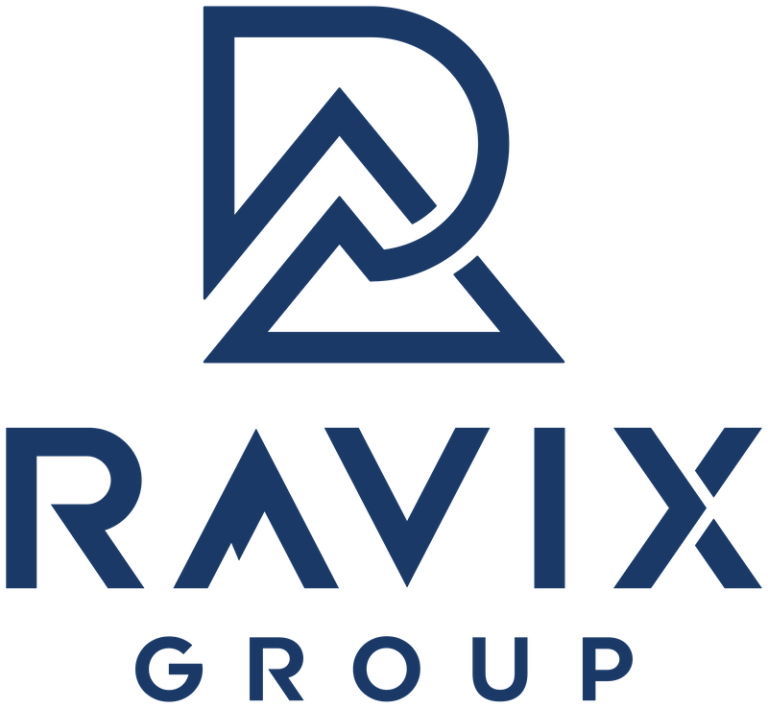When it comes to closing down your startup, understanding the associated costs is crucial for an orderly and compliant closure. The expenses can vary greatly depending on the method chosen for startup closure – Bankruptcy, Assignment for the Benefit of Creditors (ABC), or a direct Wind-down.
Let’s dive into what these processes entail and the likely costs involved.
Bankruptcy: The Costliest Option
Bankruptcy, often seen as the last resort, can be the most expensive closure option. It generally costs upwards of $200,000. This high cost is due to the complexity and legal intricacies involved in bankruptcy proceedings. It includes attorney fees, court costs, and other related expenses. While bankruptcy can provide legal protection against creditors, the financial and reputational costs can be substantial.
ABC: A Middle-Ground Solution
An ABC typically costs around $75,000 or more. This process involves transferring your assets to a trustee, who then liquidates these assets to pay creditors. ABC can be a faster and less costly alternative to bankruptcy, offering a certain level of simplicity and privacy. However, it still involves legal and professional fees.
Wind-Down: A Cost-Effective Strategy
A direct wind-down is usually the least expensive option, ranging between $25,000 and $75,000. The cost variation depends on the complexity of the dissolution process. It’s a straightforward process where you cease operations and liquidate assets directly to pay off creditors. This method often lacks the legal protection of bankruptcy or an ABC but can be quicker and less damaging to your personal reputation.
What Does the Wind-Down Process Include?
Here’s a breakdown of tasks typically involved in a business wind-down and why they’re essential:
- Generate Comprehensive Plan of Dissolution: This plan outlines how you’ll address outstanding debts, liquidate assets, and handle final business obligations. It’s your roadmap for closure.
- File Certificate of Dissolution: Filing this legally ends your company’s existence and is essential for compliance with state laws.
- Foreign Qualification Withdrawals: If your business operates in states other than where it was incorporated, you’ll need to withdraw from these states formally.
- Capital Redistribution: This involves returning any remaining capital to shareholders after all debts are paid.
- IP Assignment: Intellectual Property must be properly allocated or sold, ensuring legal transfer and potential revenue from these assets.
- Final Tax Returns & Filings: Completing and filing your final tax returns is critical to avoid potential legal issues with the IRS and state tax agencies.
- Negotiation with Creditors: Expertly work with creditors to negotiate down debt.
- Chief Restructuring Officer: Having a dedicated professional to oversee the winding down process of a company ensures efficiency and compliance.
- Liquidation of Non-Cash Assets: This involves selling off physical and digital assets and converting them into cash to pay off creditors.
- Asset Purchase Sales: If part of your wind-down involves selling certain business segments or products, this process will facilitate those sales.
FAQs on business closure and wind-down
How long does it take to wind up a startup?
Business wind-down is a complex process and involves multiple steps. The initial phase, which includes preparing and submitting the necessary paperwork, typically takes around two to three months, culminating in the formal liquidation process. Liquidation can then vary from a few months to over a year, depending on business complexity and how long it takes to sell off the company assets.
What are the typical costs for closing a startup?
The costs of shutting down a company vary significantly depending on its financial situation and the closure method used. However, some common startup shutdown costs include legal and professional fees, employee severance, outstanding debt payments, and federal and local tax filings.
How can I minimize the costs of closing my company?
The first step to minimizing costs involves selecting the most suitable closure method for your company’s financial situation. Secondly, ensure all company affairs are in order before initiating the shutdown process to avoid penalties or additional charges. Additionally, you can seek guidance from experienced outsourced professionals who are well-versed in winding down processes and similar challenging transitions–and can enable a smooth and cost-effective closure process.
Need more guidance on business wind-downs and liquidations? Download our Wind-Down Playbook today!



